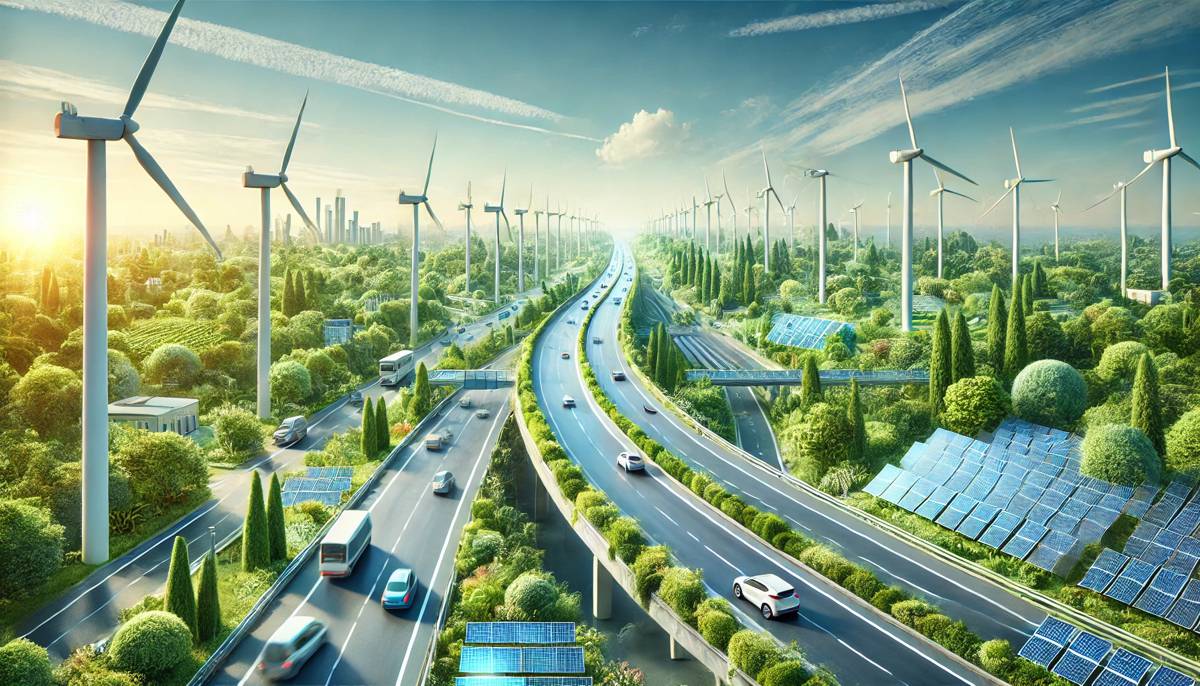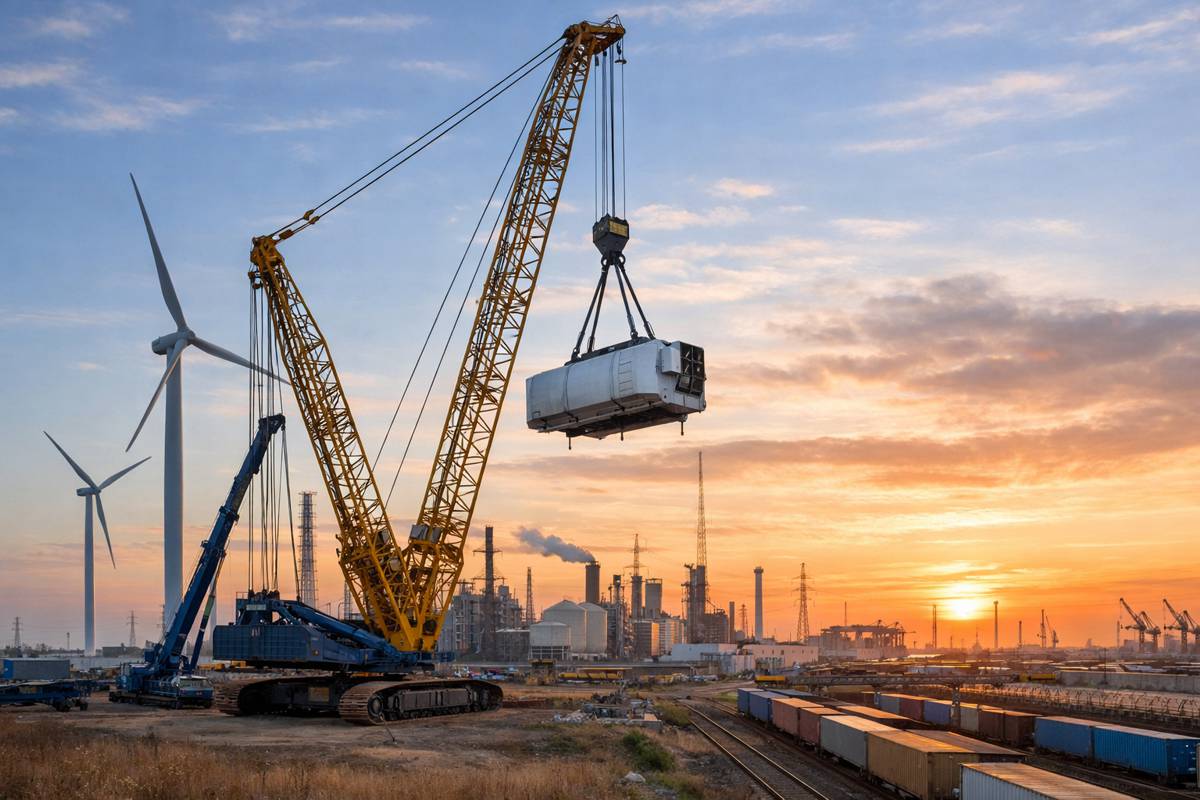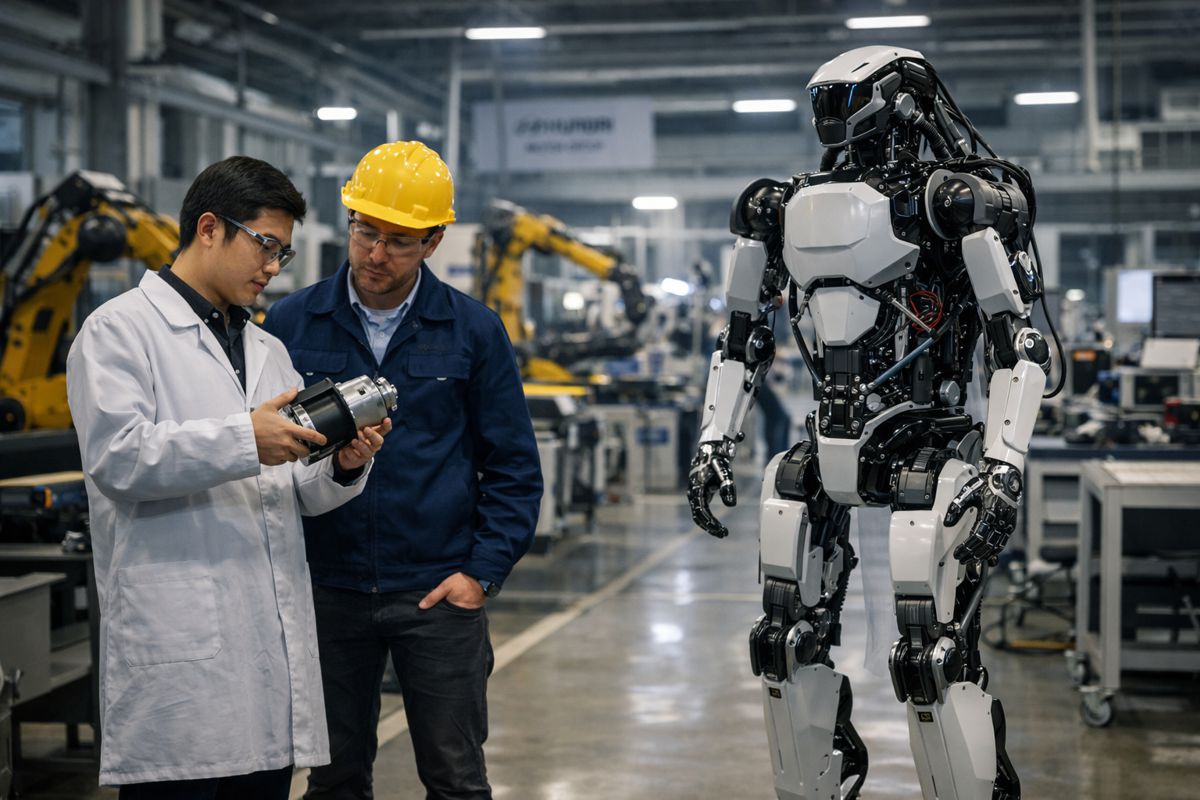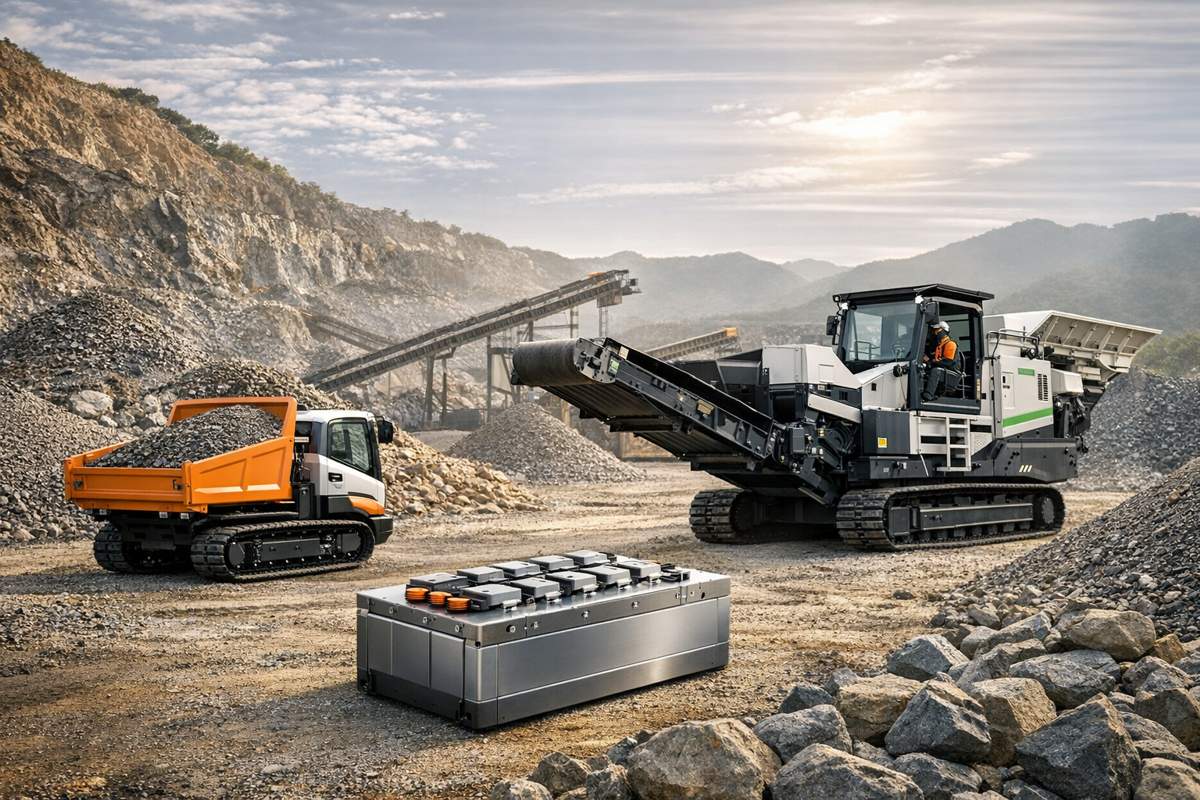How Green Public Procurement is Transforming the Highways Sector
Can Green Public Procurement truly accelerate the shift towards sustainable practices in the highways sector? Are suppliers ready to embrace the challenge and make a tangible difference? Let’s explore how forward-thinking strategies are reshaping public procurement to decarbonise roads while delivering economic benefits.
Governments globally are grappling with the escalating climate crisis and the impacts on society and economies are stark. The urgency to act has never been greater, and the public sector has a pivotal role in driving the change.
Public procurement, accounting for approximately 14% of the European Union’s GDP, wields significant influence. This immense spending power can shift markets towards sustainable practices, setting a precedent for private enterprises to follow.
A Catalyst for Innovation
Green Public Procurement isn’t a novel concept. It’s a structured framework designed to ensure that goods, services, and public works deliver superior environmental outcomes throughout their lifecycle. When implemented effectively, Green Public Procurement becomes a powerful tool for stimulating innovation and driving behaviour change across industries.
In leading nations such as Denmark, France, and the UK, Green Public Procurement accounts for up to 16% of public spending. Broadening the scope to include all procurement involving green criteria could elevate this figure to an impressive 60-90%.
One historic example of Green Public Procurement’s impact is the London 2012 Olympics. Ambitious sustainability targets ensured that 70% of waste was reused or recycled, setting a high benchmark for future projects. The secret? Encouraging innovation rather than prescribing rigid methods for achieving sustainability.
Ireland’s Green Public Procurement Vision
The Irish Government recently unveiled a comprehensive Green Public Procurement Strategy and Action Plan. This forward-thinking initiative underscores the need to revolutionise how public assets are planned, designed, and managed.
“We need to move to a more sustainable production and consumption model,” the strategy states, emphasising the importance of extending product lifecycles and reimagining resource utilisation. Transport Infrastructure Ireland, with an annual spend exceeding €3 billion, is leading this charge with ambitious sustainability targets.
Bold Sustainability Goals
Transport Infrastructure Ireland’s strategies are reshaping the sector with measurable goals:
- Achieving a carbon-neutral traffic system by 2036.
- Phasing out finite resources in favour of circular economy principles.
- Prioritising bio-materials and resource reuse wherever feasible.
Collaboration is key, as these targets rely heavily on supply chain innovation. From road construction to drainage systems, Transport Infrastructure Ireland demands a holistic commitment to sustainability from all stakeholders.
Leading by Example
One company setting the bar high is Kelly Bros. International. With roots in the 1950s, this family-owned business has evolved into a pioneer of sustainable road marking solutions.
Their commitment to innovation and environmental stewardship is unwavering.
Kelly Bros. has achieved impressive milestones, including ISO certifications and EcoVadis Silver recognition. Their carbon emissions baseline, established in 2020, spans Scopes 1, 2, and 3, demonstrating their comprehensive approach to sustainability.
“We’re laying the groundwork for deeper emissions cuts across our operations and supply chain,” says Alexis Sheridan, QHSE Manager.
Decarbonisation in Action
Kelly Bros.’ Climate Action Plan features impactful measures:
- Implementing energy-efficient heating systems.
- Transitioning to electric forklifts and exploring fleet electrification.
- Conducting lifecycle analyses and publishing Environmental Product Declarations (EPDs).
These initiatives have already reduced CO2e emissions significantly, with plans to save an additional 1,182 tonnes annually.
Innovating for Net-Zero
Innovation remains central to Kelly Bros.’ sustainability journey. By incorporating bio-based materials into products like Briteline Plus, they’ve cut embodied CO2 emissions by 54% without compromising performance.
“We’re aligning our product R&D with net-zero goals,” says Raymond Kelly, Operations Director. This forward-thinking approach combines environmental and commercial considerations to ensure sustainability is cost-neutral.
Embracing the Circular Economy
Kelly Bros. is also championing circular economy principles.
Their efforts include:
- Achieving a 31% recycling rate across operations.
- Reusing vehicle parts to save up to 2,000 kg of virgin resources annually.
- Designing modular warehouses for disassembly and reuse.
These strategies not only reduce waste but also drive embodied emissions savings, reinforcing their commitment to sustainability.
Driving Industry-Wide Change
Green Public Procurement, coupled with ambitious sustainability targets, is reshaping industries. Suppliers must innovate to align with their clients’ net-zero ambitions or risk obsolescence.
Kelly Bros. International’s efforts exemplify the potential for businesses to achieve both environmental and economic success. Their journey offers a blueprint for others to follow, proving that sustainability and profitability can go hand in hand.
A Sustainable Road Ahead
Green Public Procurement’s transformative potential is undeniable. By leveraging public spending, governments can inspire industry-wide shifts toward sustainability. Companies like Kelly Bros. International demonstrate how innovation and collaboration can turn ambitious goals into tangible outcomes.
The road to decarbonisation may be challenging, but with the right strategies, it’s a journey well worth undertaking.




















